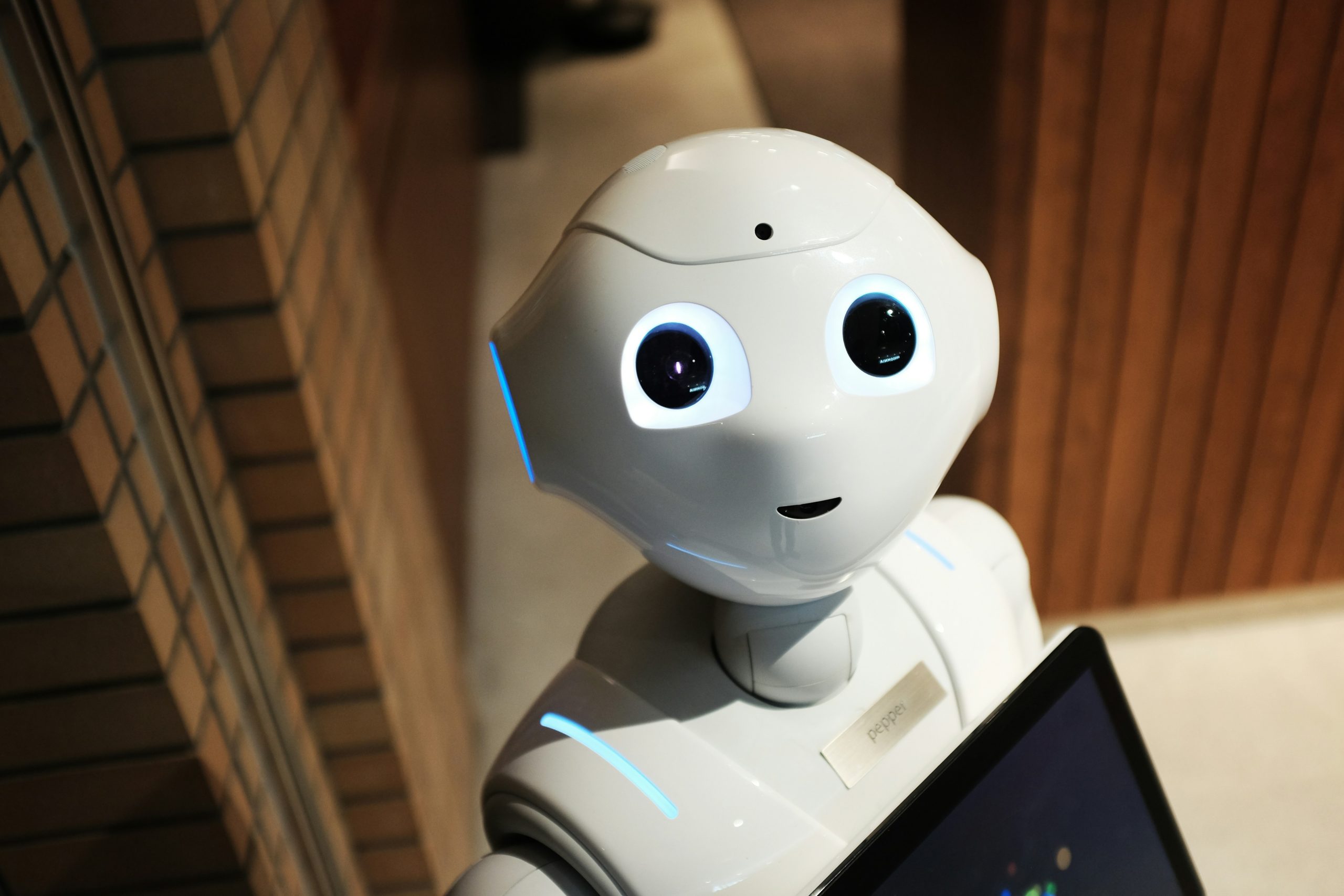| Getting your Trinity Audio player ready... |
Many thinkers and prophets concluded that famine, plague and war must be an integral part of God’s cosmic plan or of our imperfect nature, and nothing short of the end of time would free us from them. Yet at the dawn of the third millennium, humanity wakes up to an amazing realisation. Most people rarely think about it, but in the last few decades we have managed to rein in famine, plague and war. Of course, these problems have not been completely solved, but they have been transformed from incomprehensible and uncontrollable forces of nature into manageable challenges. We don’t need to pray to any god or saint to rescue us from them. We know quite well what needs to be done in order to prevent famine, plague and war – and we usually succeed in doing it. True, there are still notable failures; but when faced with such failures we no longer shrug our shoulders and say, ‘Well, that’s the way things work in our imperfect world’ or ‘God’s will be done’. Rather, when famine, plague or war break out of our control, we feel that somebody must have screwed up, we set up a commission of inquiry, and promise ourselves that next time we’ll do better. And it actually works.










